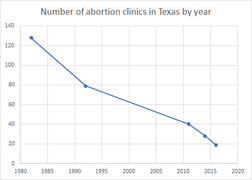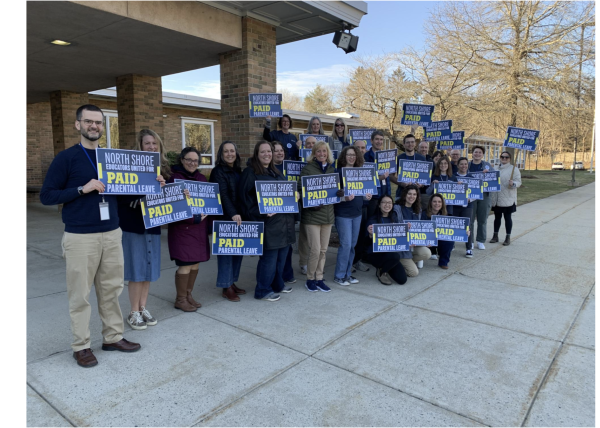The Texas abortion ban and it impacts on women
Fibonacci Blue via. Creative Commons Attribution License
Protest against new law banning abortion outside the Minnesota state capitol building is one of many around the country.

Governor Abbott has signed a law in Texas prohibiting abortion as early as six weeks that took effect on September 1st. There are conflicting opinions between the majority of the Supreme Court and President Joe Biden. This creates an uncertain future for this law.
In Texas, it is now illegal to get an abortion once a heartbeat is detected, which is usually around the six-week mark. This law makes no exceptions for sexual abuse, rape, or incest.
Less than a day after the bill took effect, the Supreme Court refused to block the Texas abortion law. The vote was 5 to 4. President Joe Biden referred to the Supreme Court’s ruling as an “unprecedented assault” on women’s rights.
In an NPR interview in Boston, Stephen Breyer, Associate Justice of the U.S. Supreme Court, stated that the vote to refuse the Texas abortion law was “very, very, very wrong”. He continues to say, “I wrote a dissent — and that’s the way it works”.
Caroline Conway, a nurse practitioner caring for women of all ages, 19-90 in Southeast Louisiana says, “It is an extreme law. Pregnancy, by date, starts at the LMP or last menstrual period. Ovulation and conception are usually about two weeks later. By the time a woman is six weeks pregnant, she is just expecting her next period which can be later for a variety of reasons that are not due to pregnancy. By the time a woman has a positive pregnancy test or awareness of possible pregnancy, it may be well past the gestation for termination allowed by this law.”
She continues to say that, “A woman might only be aware of a pregnancy this early if she is actively trying and monitoring for a pregnancy at which time the last thing she is considering or concerned with is termination.”
There are heavily conflicting opinions on this law throughout America, Caroline Conway says she “can’t think of anything positive about this law. Women will be forced to seek termination either safely in another state or illegally/unsafe in Texas or be forced to carry and deliver an unwanted pregnancy.”
She adds that “pregnancy and delivery are not without risk and this law does not allow for a woman’s age/heredity/possible comorbidities that could increase the risk to her and her unborn child”.
According to the Texas law, “anybody who provides support for an unlawful abortion can be sided in addition to the physician performing the procedure. That includes staff members at clinics, counselors, lawyers, financiers, and those who provide transportation to an abortion clinic, including drivers of a taxi or ride-hailing companies”.
Caroline Conway describes this notion as “abhorrent”. She states that the law “will affect healthcare workers. For many, there is already a fear of physical/mental/emotional harm due to protester encounters/publication of providing personal contact information and confrontation. Now anyone, a friend/ family member/neighbor who provides assistance or transportation may be stigmatized and held monetarily responsible?”
On September 7th, Gov. Abbott signs the Senate Bill 1 into law, he was asked, “why force a rape or incest victim to carry a pregnancy to term?” He replied, “It doesn’t require that at all because obviously, it provides at least 6 weeks for a person to be able to get an abortion”. He continued, “rape is a crime, and Texas will work tirelessly to make sure we eliminate all rapists from the streets of Texas by aggressively, going out and arresting them and prosecuting them and getting them off the streets”.
In response to this, Caroline Conway, states that, “I imagine the governor of Texas either doesn’t know or doesn’t care about the effect this law will have on his constituents… This law seems designed to prevent termination at all costs with no consideration for a woman’s unique circumstances”.
Because the law is quite strict, it could lead to an increase in the number of women trying to do abortions themselves, unsafely, or with illegal help.
Caroline Conway talks about how, “unsafe/illegal abortion may be associated with infection preventing future safe/healthy pregnancy, hemorrhage and need for blood transfusion/possible emergency hysterectomy due to inability to stop uterine bleeding”.
At this moment there are no expectations that the block of this ban will be considered again by the Supreme Court anytime soon. The Supreme Court refuses to resume the Planned Parenthood lawsuit challenging the new Texas Abortion Law.












